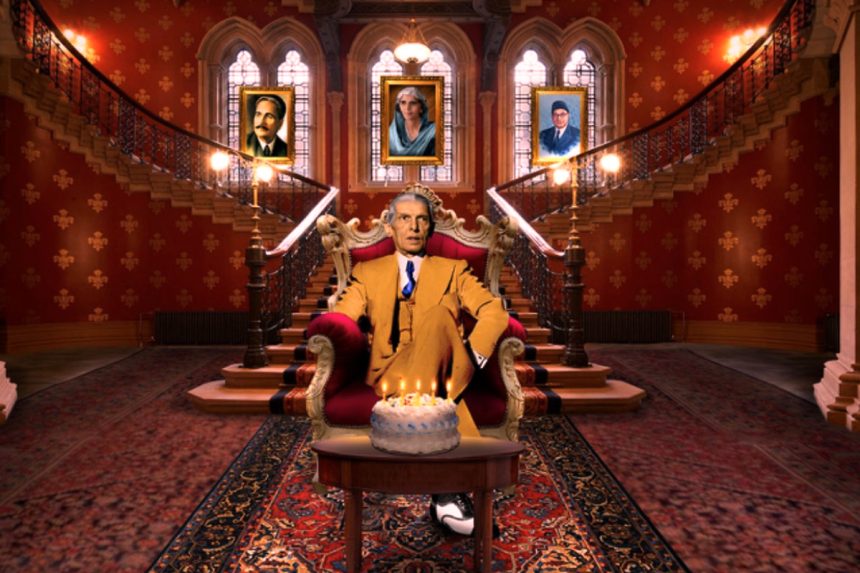- Muhammad Ali Jinnah, also known as Quaid-e-Azam (meaning “Great Leader” ).
- He was born in Karachi, British India (present-day Pakistan) on December 25, 1876.
- Jinnah fought for Muslim rights and a Muslim state.
In 1947, the British government announced that it would grant independence to India and Pakistan. Jinnah became the leader of the movement for Pakistan and worked tirelessly to achieve this goal. Despite his untimely death, Jinnah’s legacy lives on in Pakistan and he is remembered as the “Father of the Nation”.
Muhammad Ali Jinnah, also known as Quaid-e-Azam (meaning “Great Leader” in Urdu), was the founder of Pakistan and is considered one of the most influential figures in the country’s history. He was born in Karachi, British India (present-day Pakistan) on December 25, 1876, and received a Western-style education at the Sindh Madrasa-tul-Islam and later at the Bombay University.
Jinnah began his political career as a member of the Indian National Congress, the dominant political party in British India at the time. However, he later became disillusioned with the Congress and its leadership, believing that the party was not doing enough to protect the rights of Muslims in India. In 1913, he left the Congress and joined the All India Muslim League, a political party that was dedicated to safeguarding the interests of Muslims in India.
Jinnah quickly rose to prominence within the Muslim League and became one of its most influential leaders. He was a strong advocate for the rights of Muslims and worked tirelessly to ensure that they received a fair share of power and representation within the British Indian government.
In 1940, the Muslim League adopted the Lahore Resolution, which called for the creation of an independent Muslim state in the northwest and northeast regions of India. This resolution, which is also known as the “Pakistan Resolution,” marked the beginning of the movement for the creation of Pakistan.
Jinnah became the leader of the movement for Pakistan and worked tirelessly to achieve this goal. He traveled throughout India and the world, advocating for the creation of an independent Muslim state and rallying support for the cause.
In 1947, the British government announced that it would grant independence to India and Pakistan. On August 14, 1947, Pakistan became an independent nation, and Jinnah was appointed as its first Governor-General.
As the leader of Pakistan, Jinnah worked to establish the country as a democratic and secular state. He believed that religion should not be used as a political tool and that all citizens, regardless of their faith, should be treated equally.
Jinnah’s efforts to build a strong and united Pakistan were cut short when he died of tuberculosis on September 11, 1948. Despite his untimely death, Jinnah’s legacy lives on in Pakistan and he is remembered as the “Father of the Nation” for his instrumental role in the creation of the country.
In conclusion, Muhammad Ali Jinnah, or Quaid-e-Azam, was a visionary leader and the founder of Pakistan. He was a strong advocate for the rights of Muslims in India and worked tirelessly to achieve the goal of an independent Muslim state. His legacy as the “Father of the Nation” lives on in Pakistan, and he is remembered as one of the most influential figures in the country’s history.





